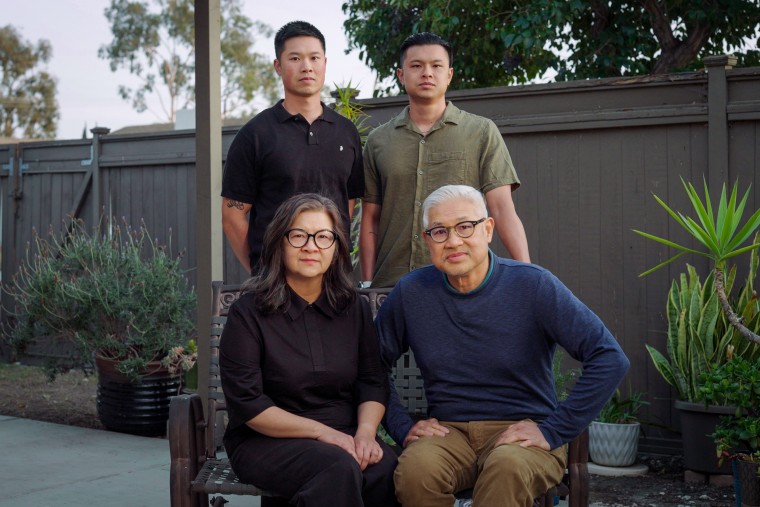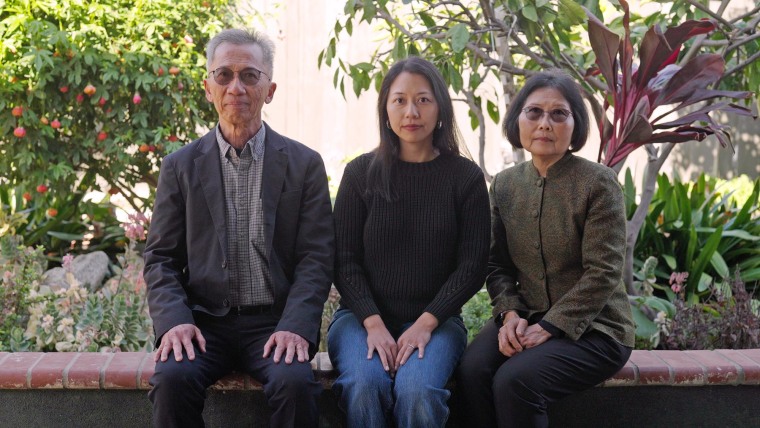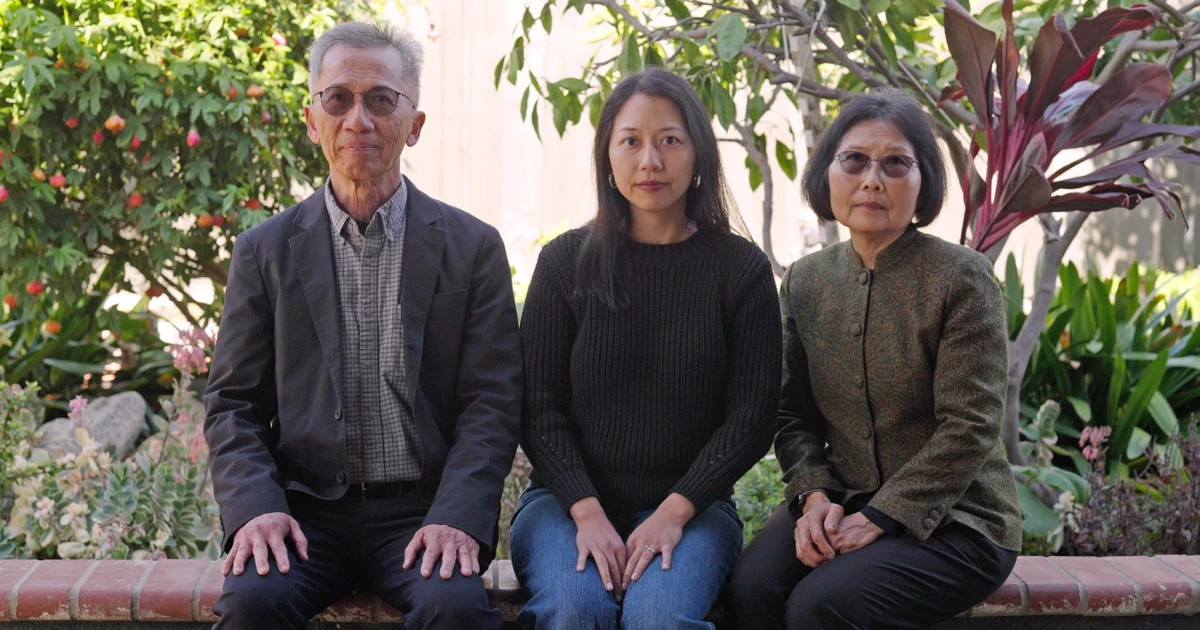When Dzung Pham arrived in the U.S. from Vietnam, one of the first things the 14-year-old did was go swimming in the hotel pool with his brother. Pham saw something he still remembers nearly 50 years later: When the teenage lifeguard flashed a smile, he had braces. Pham had never seen braces before.
Soon after, he was taking part in other American rites of passage like helping his classmates build floats for their high school homecoming.
Now, five decades later, he and other families shared stories of adapting and code-switching while still retaining their roots with NBC News to commemorate the 50th anniversary of the fall of Saigon.

Dzung Pham was 14 when he fled Vietnam.NBC News
They recalled the events of April 30, 1975, effectively ending the Vietnam War. North Vietnamese forces had captured the city now known as Ho Chi Minh City — named for the first president of North Vietnam. North Vietnamese forces reunited the country as the Socialist Republic of Vietnam, with April 30 observed as Reunification Day.
The capturing of Saigon spurred a refugee crisis, with more than 100,000 people fleeing the South Vietnamese capital to head to the U.S. through Guam. As refugees fled by boat, facing starvation, pirates and drownings, they came to be known as “boat people.” Today, there are more than 2.3 million Vietnamese Americans, and the U.S. holds the largest Vietnamese diaspora in the world.
Pham said he, for one, quickly acclimated.
“I have to caveat that, you know, in Vietnamese, my name is spelled D-u-n-g, but the ‘D’ is not a ‘D,’ but is rather like a ‘Z,’” Pham told NBC News in an interview with his relative, Noah. Pham spent his high school years correcting his peers, he said — until he earned the nickname “Zoom” for being a fast swimmer.
“They hardly ever called me ‘Dung’ at that time,” he said. “So when I was naturalized, I was allowed to change my first name. So that’s when we put the ‘Z,’ the Z-u-n-g.”
Long Nguyen has spent 50 years in the U.S. and said it finally feels more comfortable embracing Vietnamese traditions after years of assimilating.
“I tried to avoid being a Vietnamese for a long time because it’s so hard to be a Vietnamese and American to learn English. You have to be more American,” Nguyen said. “But now that you kind of settle, it’s like, ‘Oh, wow, now I have time to be more Vietnamese.’ And so I feel like I’m very Vietnamese now, even though maybe my Vietnamese is not as good.”
Tam Huu Do, who left Vietnam when he was 17 and has lived in the U.S. since, said he feels it’s important to remain connected to his roots.
“This country was formed by immigrants, so people coming in with different backgrounds, different cultures. So if you’re going to ask me who is or what is an American, it’s so hard to define,” Do said.

Tam Huu Do with his family.NBC News
Though Do has spent more than two-thirds of his life in the U.S., he said, he appreciates the abundance of Vietnamese culture — of language, restaurants, music and bookstores — where he lives in Orange County, California.
“A Vietnamese historian said this important sentence — he said, ‘People must know the history in order to love your country. So while trying to integrate into this society in America, you must not forget your roots,’” Do recalled.
Kaitlyn Schwanemann
